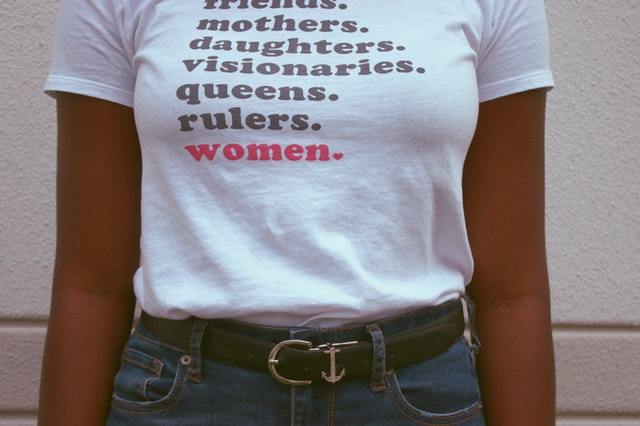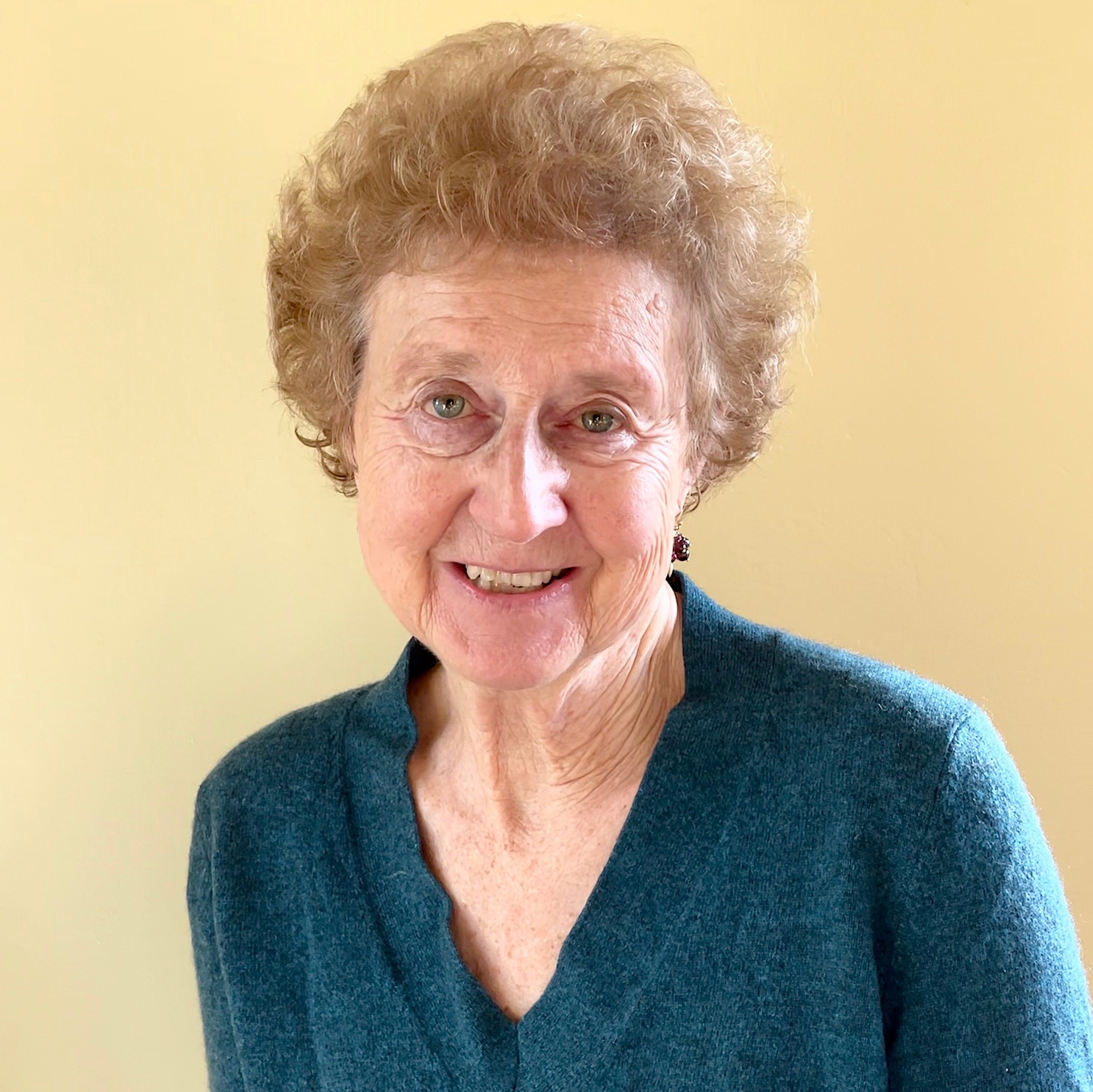
I had already been teaching assertive skills for a couple of years when I wrote my book A Woman In Your Own Right in 1982. I wanted the material to be accessible to women who couldn’t get to my classes, or to those of the women whom I taught to lead classes of their own.
The assertiveness techniques were eagerly grasped by women who experienced inequalities – unequal pay, for example, or exclusion from certain professions or high-levels management positions – and who were ready for change. The material struck a chord, both here and abroad, and many women went on to transform their lives in various ways.
In the decades that followed political and cultural shifts in the UK encouraged a more individualistic focus. The core message of assertiveness was gradually weakened, with less emphasis on equality and more on believing you had the right to get what you want, whoever you had to override to get it! I continued to teach my model but with an awareness that it was increasingly countercultural.
Last year I was approached by a new publisher who proposed a 40th anniversary edition. This gave me an opportunity to update my book in some ways – there is a new section on assertiveness in social media, for example – but much of the material remains as relevant now as when it was first published.
While younger women in the West today have more independence than their mothers and a wider range of options, sexist assumptions persist. Grosser forms of sexist behaviour are less visible, thanks to policy changes, but sexist attitudes have not disappeared. They simply operate at a different level and only come to light when events such as the outpouring of the #MeToo movement demonstrate that the equality enshrined in policy is not reflected in the lived experience of countless women.
The conditioning of the past is still deeply embedded in women’s psyches, which means that simply having more equal opportunities doesn’t always translate into the ability to grasp them.
Many of us still find it difficult to make a clear refusal, ask for what we really want, challenge someone else’s behaviour or disagree with another person’s viewpoint. The little gremlin of conditioning inside our heads makes us doubt ourselves: What will they think of me if I speak up? Will they bother to listen? Will there be repercussions? Will they dislike me?
One result of today’s tendency towards individualism and self-showcasing is that women are less willing to share their difficulties. Back in 1982 there was more of a focus on a shared vision of change and women were quick to support one another. This is harder today when vulnerability is so readily equated with weakness.
Meanwhile, aggression has been channelled into forms undreamt of four decades ago, with social media facilitating the deliberate targeting of women, with threats of violence and misogynistic comments designed to intimidate and keep us silent.
Some women have embraced aggression as a form of power, and enjoy the cut and thrust of a highly competitive culture, getting a buzz when they win. The problem is that there can only be a winner if there is also a loser. And losing hurts. It demeans. It abases. More importantly, the ‘loser’ tends to store up their grievance until an opportunity arises to ease their hurt by scoring a ‘win’ over someone else, making them a ‘loser’ instead. This is how cycles of aggression continue to be fed and perpetuated in our lives.
Conflict isn’t welcomed by everyone, however, and many of us try our best to avoid it. Instead of speaking up, we keep quiet. We smile, pretend to agree, play along, or turn a deaf ear. Over time we allow ourselves to be reduced to being mere bystanders: both in our immediate environment and in the world at large.
Assertive power is different to the power of aggression. We experience it when we find our real voices; when we acknowledge and work through our anxiety – instead of denying it, hitting out, or allowing it to keep us silence us.
There is no one-size-fits-all model of personal power, but each woman can find it within herself. Assertive personal power means saying ‘no’ clearly when that’s what you want to say; it means expressing your needs and challenging an unfair criticism; it means initiating a difficult conversation with someone you care about – and doing all of this without inadvertently eliciting aggression in response.
When we start learning assertive skills, we are usually unaware of our habitual style of communication. With practice we come to realise what is unhelpful and detracts from what we want to express. We learn to take responsibility for what we want and feel, instead of expecting others to be telepathic. We learn how to be unafraid of our anxiety and work through it to strengthen what we want to say.
I have witnessed women waking up to this experience of personal power many, many times – and in many cultures. It offers a great sense of liberation. And we need this. We need to model it to women of all ages – and to men too, so they can see that there is an alternative to dominance. There is still a lot that’s wrong in our world and assertive skills provide a blueprint of how to begin to find our voices within our everyday lives.
Anne Dickson is a psychologist, counsellor, trainer and writer with over 40 years’ experience of teaching communication skills and the management of emotions. She is the author of several books, including The Mirror Within and Difficult Conversations. A Woman In Your Own Right, her first book, has remained in print ever since 1982 and has been translated into 13 languages. www.annedickson.co.uk

